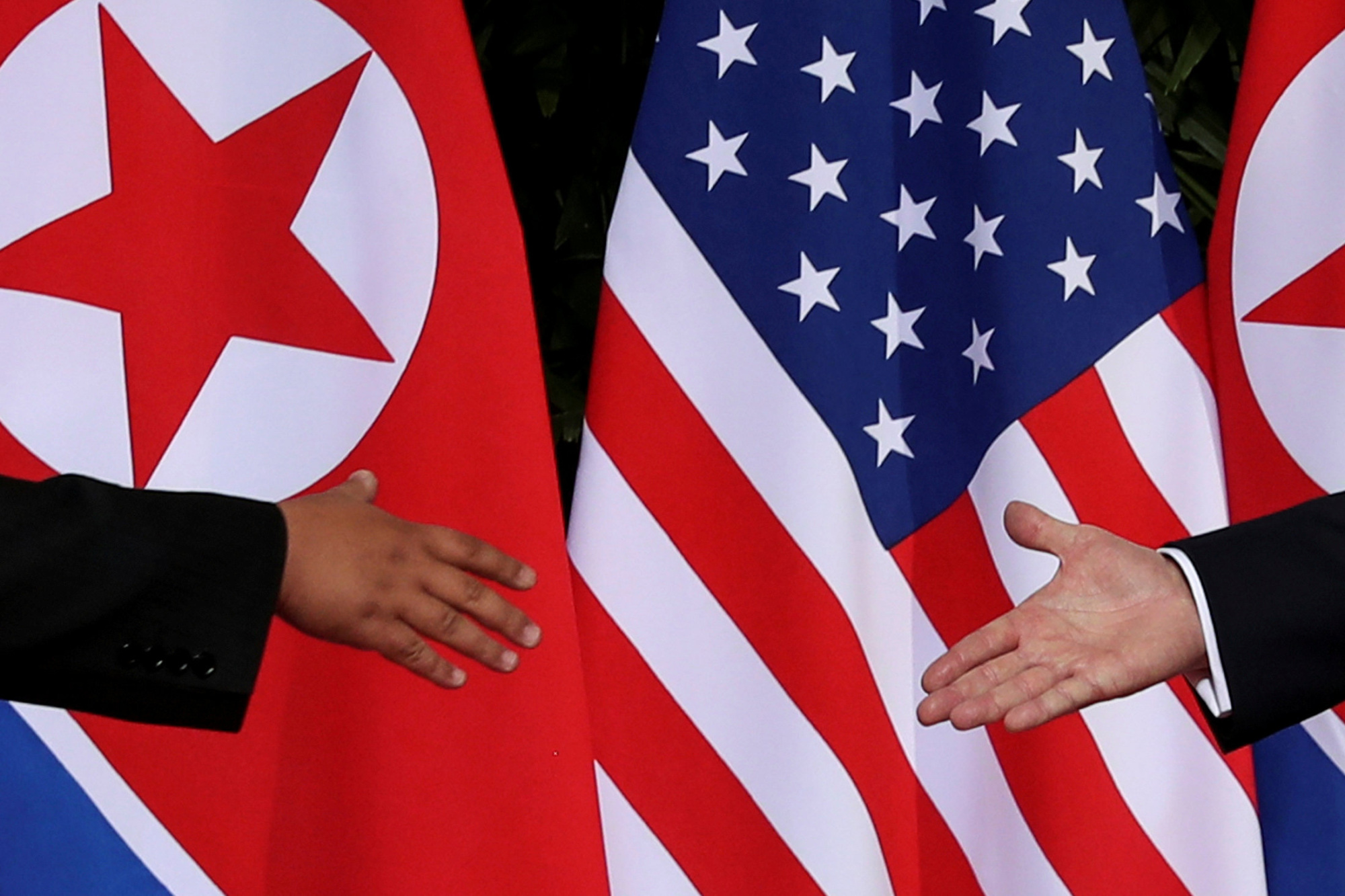The choice of Vietnam for the second Kim-Trump summit has been intentional to send Pyongyang the strongest of messages that former bitter enemies can transform their relationship to one of cooperation, reconciliation and friendship. Simultaneously, Washington's willingness to work with Vietnam's communist government signals to Pyongyang that through a commitment to denuclearize and normalization of relations with Washington North Korea can also retain its regime.
Through the showcasing of Vietnam's economic development and pragmatic approach to diplomacy as evidenced by its signing of the Trans-Pacific Partnership trade pact and the forging of strategic partnerships with Japan and potentially the United States, Washington hopes that North Korea will gain confidence that U.S. denuclearization negotiations are sincere in their intention to offer Pyongyang an opportunity to realize sustainable economic development in exchange for ceasing and relinquishing its nuclear and missile programs.
Kim Jong Un and the North Korean leadership understand these signals as they have demonstrated themselves to be rationale actors throughout the Trump administration's North Korean diplomacy as well as that conducted under the Obama, Bush and Clinton presidencies. In each case, North Korea practiced surgical-like diplomacy, extracting concessions from the U.S. while offering little in return except for a lull in provocative behavior. It did this at the same time it continued its consolidation of the regime.



















With your current subscription plan you can comment on stories. However, before writing your first comment, please create a display name in the Profile section of your subscriber account page.